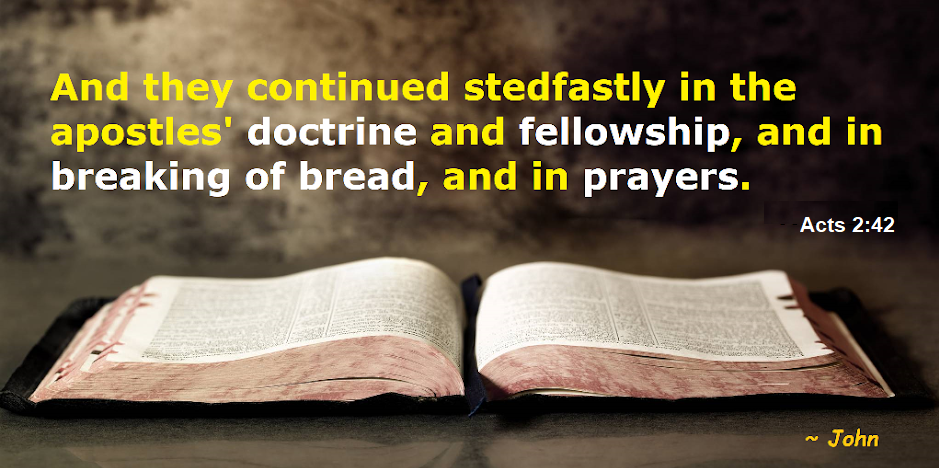In the book of Job, the Lord commends Job but condemns his three friends (Job 42:7). How do we evaluate this in terms of the book as a whole:
It came about after the Lord had spoken these words to Job, that the Lord said to Eliphaz the Temanite, “My wrath is kindled against you and against your two friends, because you have not spoken of Me what is trustworthy, as My servant Job has. (NASB)
God’s phrase not spoken of Me what is trustworthy, demonstrates that the three friends (Eliphaz, Bidad and Tzofar) had misapplied scripture, which is as heinous as misinterpreting scripture! What they claimed was sound doctrine, but they failed in faithfully describing Job. Worse, they misrepresented God! It is noteworthy that Elihu was omitted in this judgement? Job was referred to as My servant, a special epithet demonstrating Job was indeed declared righteous (in the manner the term is used for Abraham [Gen. 26:24], Moses [Josh. 1:2], and David [2 Sam. 7:5]). This phrase indicates God reaffirms Job as a righteous, God-fearing man (1:8; 2:3).
The entire book of Job presents the different theological perspectives of suffering and tribulations in a believer’s life:
1. Author - a spiritual environment that glorifies God.
2. The 3 friends - concentrate on suffering as a consequence of sin.
3. Job - inexplicable and bewildering problem.
4. Elihu - is a purifying process from God.
5. God - a call to trust and submission.
The 42 chapters direct the reader into the mystery of suffering and as these five men elucidate - there is no simplistic analysis! It doesn’t analyse evil and suffering per se, but it encourages the saints to persevere and endure with hope. Job’s pattern of life is a typology of Christ’s humiliation and exaltation. In addition, the grief of the trials of God’s chosen with God’s apparent absence is diametric to the faith displayed in God’s glory ultimately vindicating and glorifying the believers. The NT even refers to Job as a model of endurance until Christ’s second advent (James 5:7, 11).
Job’s friends attempt to defend God, in three cycles, based on a superficial understanding of divine retribution. This is a primitive form of the modern prosperity gospel, whereby they present a faulty and over-simplistic concept of God’s providence. The idea that God always rewards the just and punishes the wicked with calamity. This is an erroneous representation of Almighty God. Job also is swayed that he is indeed being punished unjustly, leading him to confront God with questions. The glorious (and merciful, gracious) response of God reveals His transcendence and omniscience! God questions Job, reminding the reader that we lack the knowledge, power and concern to sovereignly rule over creation. As the late, disgraced philosopher Ravi Zacharias used to claim, man does not have the insight like God over matter and time, to see the beneficial (God-glorifying) outcomes according to His good pleasure. If we have such finite understanding of less sensitive events, how are we qualified to consider how God deals with all of creation - including His pinnacle, mankind!
The fundamental feature of Job is that suffering has multiple reasons and mankind may not even appreciate some of those Divine reasons. But most importantly, suffering does not belittle God’s righteousness and loving dealings with His grace towards humanity - even extreme suffering! This is often the threshold of maturing faith.
May you know the Lord's intimate presence and peace, as you lean on Him by grace to persevere through your trials, for His glory's sake. AMEN.
Soli Deo gloria ~ for Glory to God alone.
























